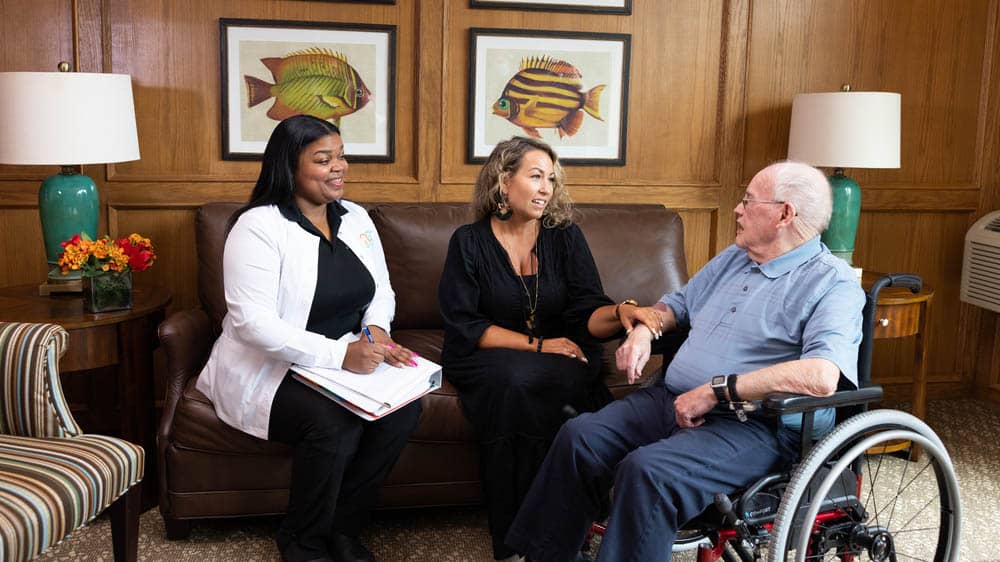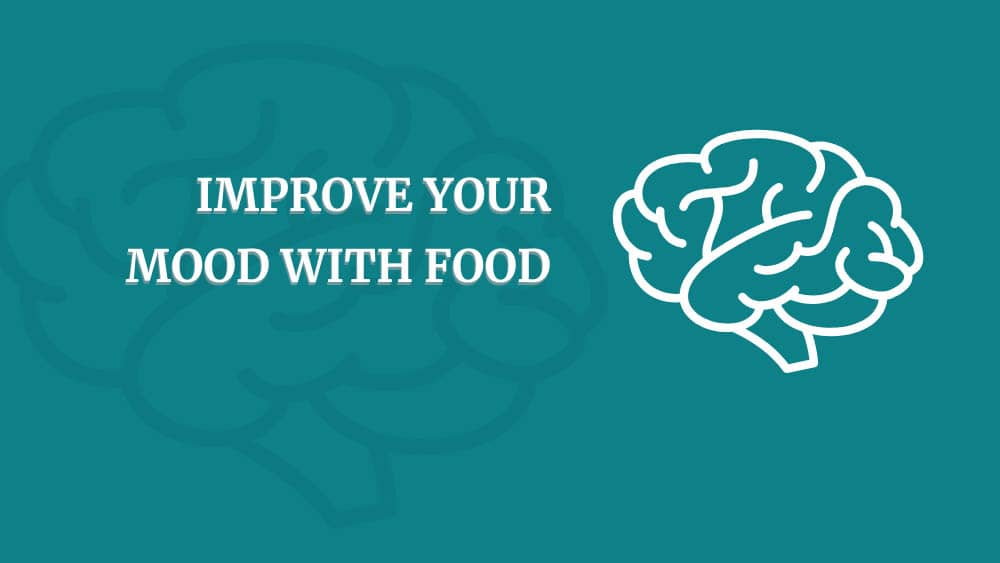

The Many Brain Health Benefits of Music
Most of us love music, but if asked why, we can’t really say. But today, neurologists are unraveling the mysteries of this ancient human cultural trait, which many evolutionary biologists think even predates speech! MRI and other brain imaging can now reveal the incredibly complex way music works in our brain. And this research helps explain something scientists have long noted: Music offers many health benefits.
Music reduces stress, anxiety and depression. It decreases the perception of pain. It improves sleep quality. We’re a social species and music brings us together. Brain scans reveal that groups of people who are playing or listening to music together display almost identical neurological responses, experiencing the unity and connection that we see anywhere where there’s music—from a rock concert to a cathedral.
Music also connects the generations, something that we crave more and more as we grow older. News stories note that during the pandemic, many people are enjoying YouTube videos of teenage twins from Indiana who film themselves listening to classic tunes for the first time—everything from Dolly Parton to opera to heavy metal. Viewers report feeling deeply moved to watch the teens enjoy the music—and many leave comments saying, “Hearing it through their ears, it’s like I’m hearing it for the first time myself!”
A physical and mental workout
Music can even keep our fitness routine on track. It entertains and distracts us during exercise, and helps us work harder with seemingly less effort. Said Matthew Stork of the University of British Columbia, “Humans have an innate tendency to alter the frequency of their biological rhythms toward that of musical rhythms. It’s incredible how powerful music can be.”
Music doesn’t only boost our physical workout. A June 2020 study from the AARP and the Global Council on Brain Health reported that “music can potentially stimulate brain health, manage stress, and help treat brain health conditions as varied as dementia, stroke and Parkinson’s disease.”
And here’s a tip from the AARP experts: “Listen to both familiar and new music. Evidence suggests music you know and like causes the strongest brain response and dopamine release, while new music can stimulate the brain and provide a new source of pleasure.”
Benefits for those with Alzheimer’s disease and other dementia
Music is stored differently in the brain than is speech, so for people with memory loss, it can bring forth recollections that mere words cannot. And music helps people with dementia connect not only with their own memories, but also with other people and the world around them. The AARP report said that “music can enhance mood and social connectedness, can reduce anxiety and depression, and may potentially reduce agitation for people living with dementia.”
This offers benefits for the families of people with memory loss. The researchers reported, “Music can also be a tool for caregivers by helping ease the stress and burdens associated with caregiving, and help them engage in positive experiences with their loved ones.” In the same way that people who don’t speak the same language can enjoy music together, people with dementia and caregivers can get onto the same musical wavelength. (You can read the entire AARP/GCBH study here.)
Engaging professionals
With a projected shortage of dementia care professionals, the American Geriatrics Association reports that music could be an effective recruitment tool. Jennie Gubner, Ph.D., of the University of Arizona and the Global Brain Health Institute, headed a study that paired students with dementia patients to collaborate on music playlists. The music helped the students connect with patients in a meaningful way.
“I wish I could meet everyone by learning their favorite songs because it tells you so much about a person, more than any conversation ever will,” said one of the students. “I also realized how many misconceptions I had about those living with dementia. It does not define them, it is just a piece of who they are, just as we are all made of different pieces.” You can watch films the students created here.
Keeping music in your loved one’s life
More and more, music is being used to enhance the well-being of those with dementia. Musical groups and music therapists visit memory care facilities. Senior centers feature dances and concerts tailored for people with dementia. There are choirs and rhythm bands for people with memory loss.
Unfortunately, with seniors social distancing these days, many of these opportunities may be unavailable. But if your loved one is sheltering in place with you, listening to music together is a great activity. Your loved one may be able to sing even if speech is difficult. Their eyes may light up as music reaches memories in their brain in ways that talking can’t. If your family uses professional in-home care to keep a loved one safe at home, arrange for the caregiver and your loved one to share musical activities.
Today’s music technologies can help! No matter what old song your relative loves, you can probably find it. (Although the AARP study recommends a mix of old and new music for brain health, people with dementia usually have the greatest response to familiar tunes, especially those that were popular during their earlier years. This music is stored in your loved one’s brain, often associated with other memories.)
If your tech skills aren’t up to date, ask younger family members to help find and program the music. Maybe they could convert all those CDs, tapes and vinyl records to digital! They might enjoy researching music that was popular in the youth of their older relative. Like the YouTube twins, they might even find some new favorites themselves. Now there’s a great opportunity for intergenerational sharing! It could even happen via video chat, with your help.
At times when listening to music as a group isn’t practical, your loved one may enjoy listening with a personal listening device and headphones. Experts from the University of Toronto’s Baycrest Health Sciences created a guidebook to help, “Creating Effective Music Listening Opportunities.” They offer a few tips:
- People with dementia should be monitored while listening to music through a personal listening device and not left alone. Be aware that music can trigger emotional responses, both happy and sad.
- Use over-ear headphones. Small earbuds are not recommended. Behind-the-ear type hearing aids should be removed before headphones are used. Deep-fitting hearing aids should not give feedback and are appropriate to leave in.
- Determining the right volume can be tricky. If your loved one can’t say whether the volume is too loud or too soft, look for signs on their face.
You can ask your loved one’s healthcare provider for some ideas about incorporating music into your loved one’s care. Certified music therapists also can help. Look for ideas in the Spring 2020 issue of the Alzheimer’s Association magazine, which focuses on music for people with dementia.







